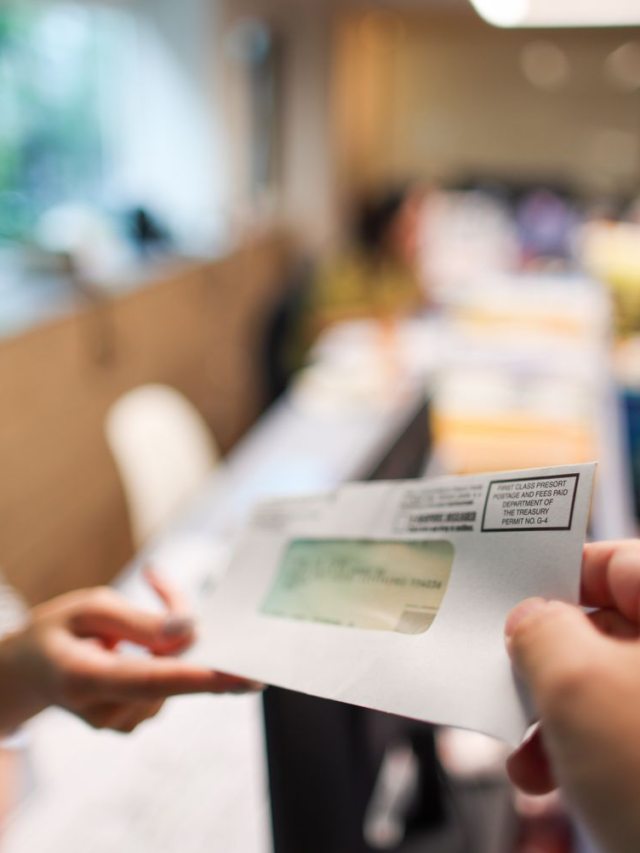Originally, the bill proposed a 5% levy. However, it was reduced before the bill’s passage in the House and the bill is headed to the Senate for further approval.
Once finalised, this tax will come into effect on January 1, 2026, and will be collected at the point of transaction by financial institutions and authorised money transfer services. The proposed measure is anticipated to impact immigrant communities, including the Indian diaspora, who frequently remit funds to family members abroad.
Under the proposed framework, US citizens and nationals using certified remittance providers will be exempted from the tax. Others may be eligible for a refundable tax credit when filing their federal income tax returns, provided they furnish a valid Social Security Number (SSN). In the case of married couples, both spouses must possess and give their SSNs in tax returns to qualify for the credit.
However, the bill raises legal uncertainty over who qualifies for the tax credit. The heading of the proposed section suggests that only US citizens and nationals are eligible for an exemption. This interpretation is further reflected in the explanatory document prepared by the Staff of the Joint Committee on Taxation.
Yet, the statutory language of the bill does not explicitly restrict these groups’ eligibility for credit. While the statutory text should prevail, a formal clarification would help determine the impact on non-US citizens.
On the face of it, the excise tax may not be covered under the India-US Tax Treaty, which could then limit the ability of Indian nationals to claim relief under the treaty’s non-discrimination article. However, it remains to be seen how the bill would apply once in force and the applicability of this provision would ultimately depend on legal interpretations and jurisprudence available in the US on this aspect.
Takeaways for the Indian Diaspora:
- US citizens of Indian origin would be exempt if using approved channels.
- Visa holders with SSNs might be temporarily affected with the remittance levy, but they could claim the tax back, assuming the credit is available to non-US citizens.
- Those without SSNs, including undocumented immigrants, will bear the full cost.
As the bill moves to the Senate, the Indian diaspora in the US faces a period of uncertainty. This largely is the case for Indian visa holders and other individuals who might have to bear the brunt of 3.5% tax on sending money back home.
Authored by: Rajeev Dimri, Senior Tax Partner, KPMG
(Edited by : Vipal Durge)
First Published: May 27, 2025 5:50 PM IST





